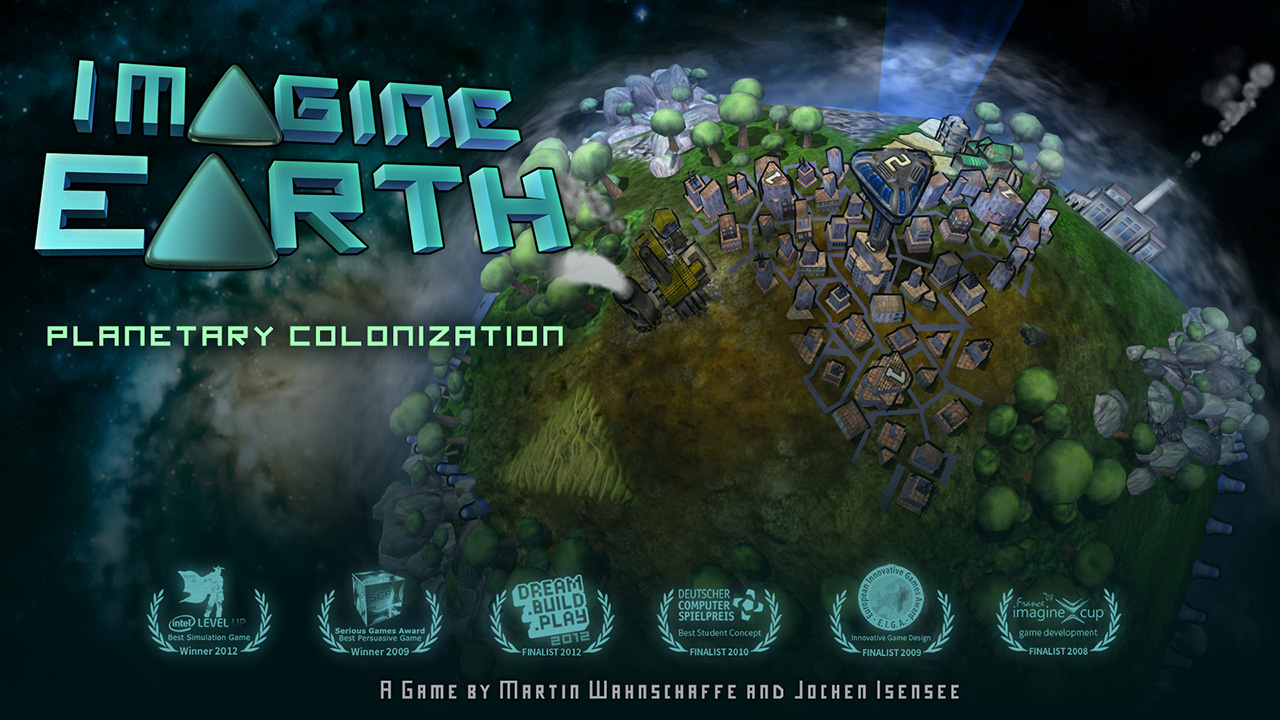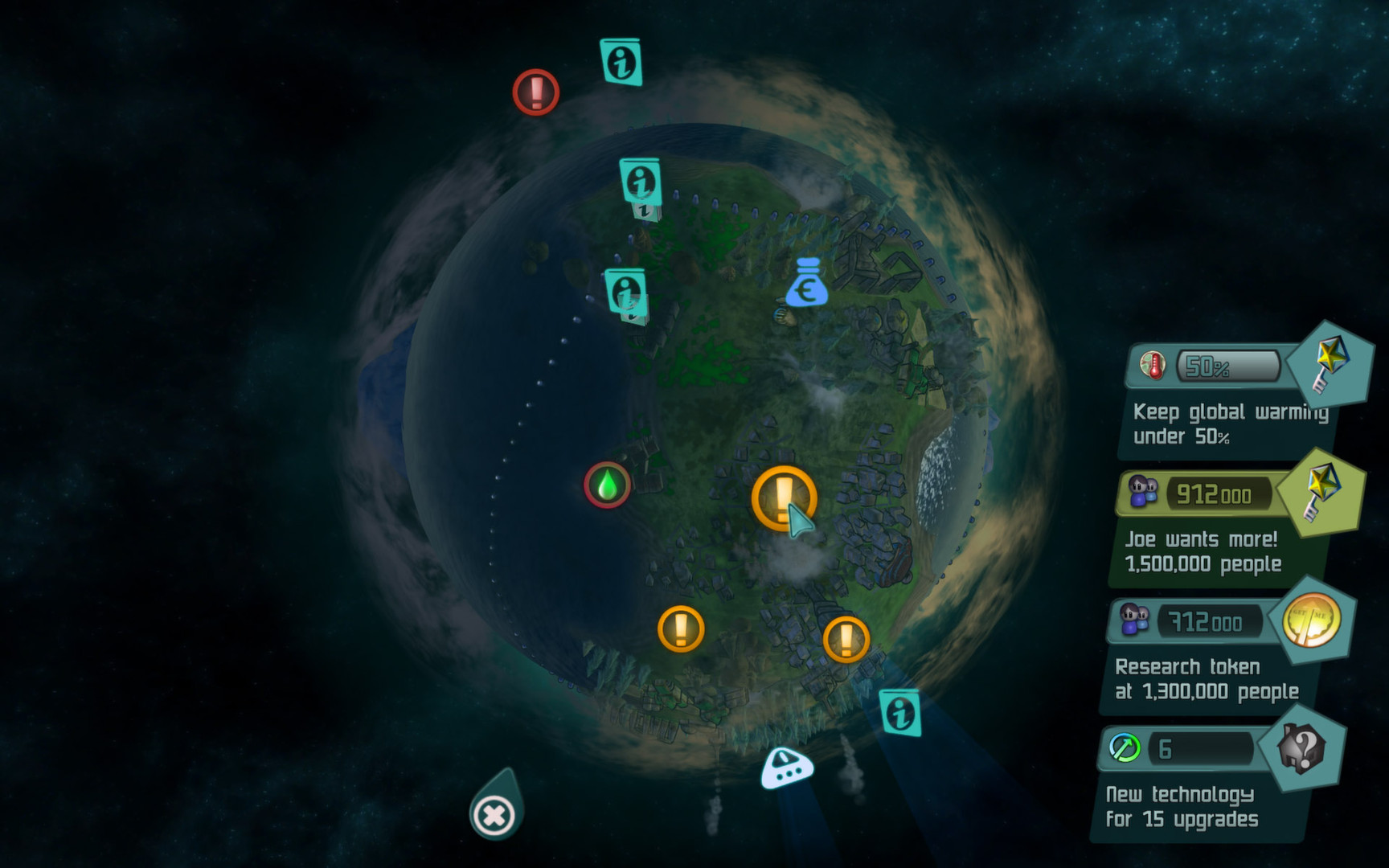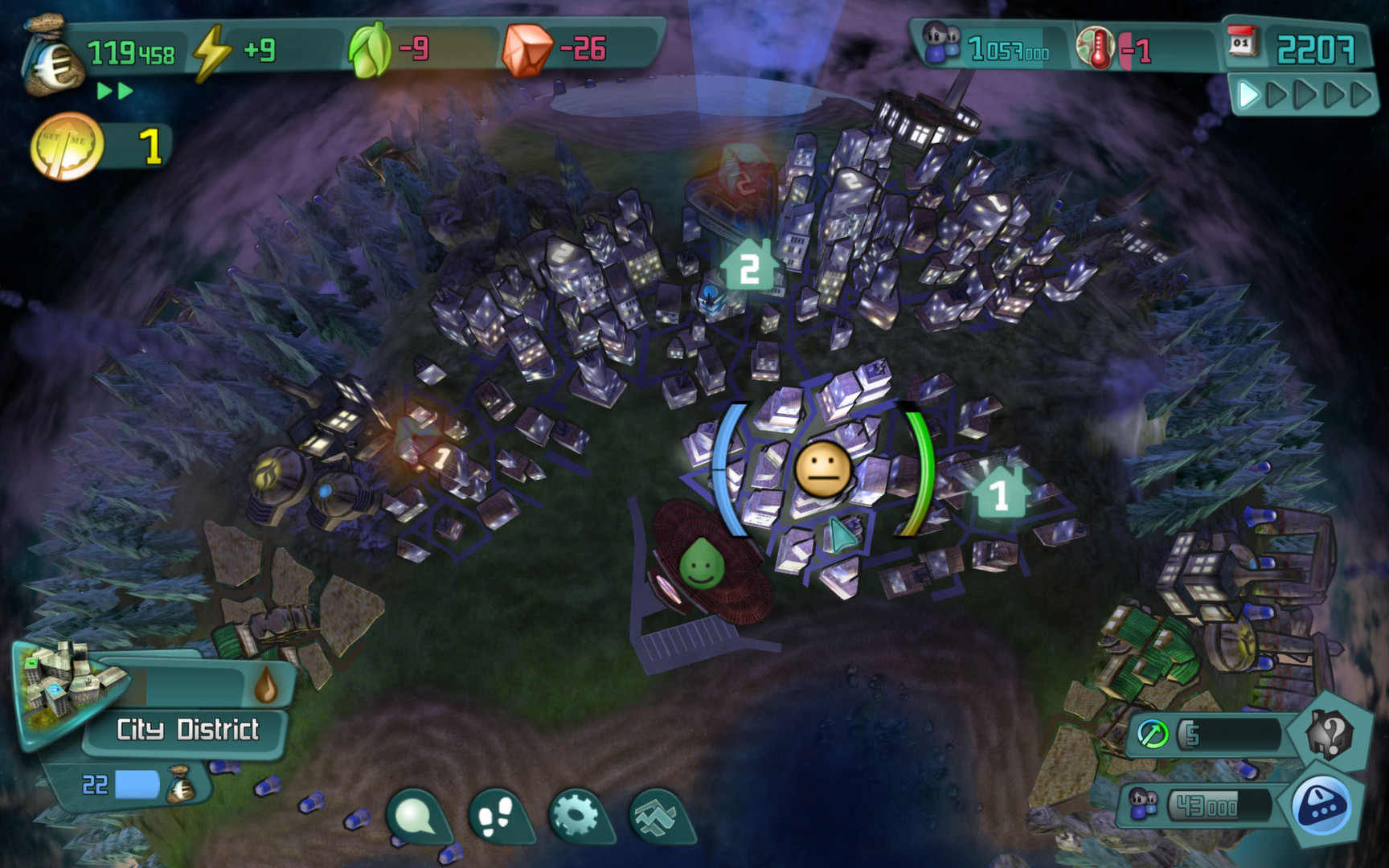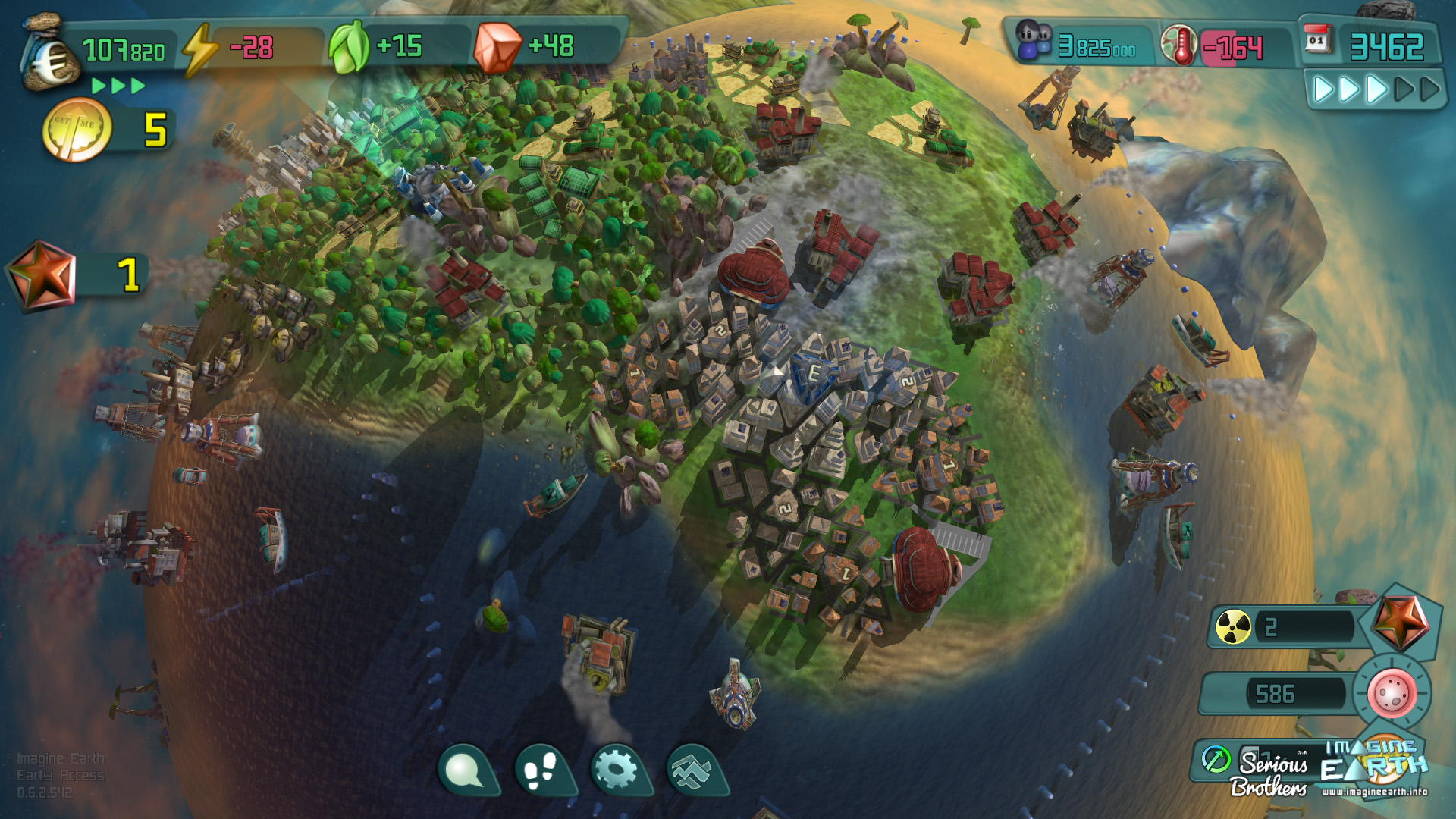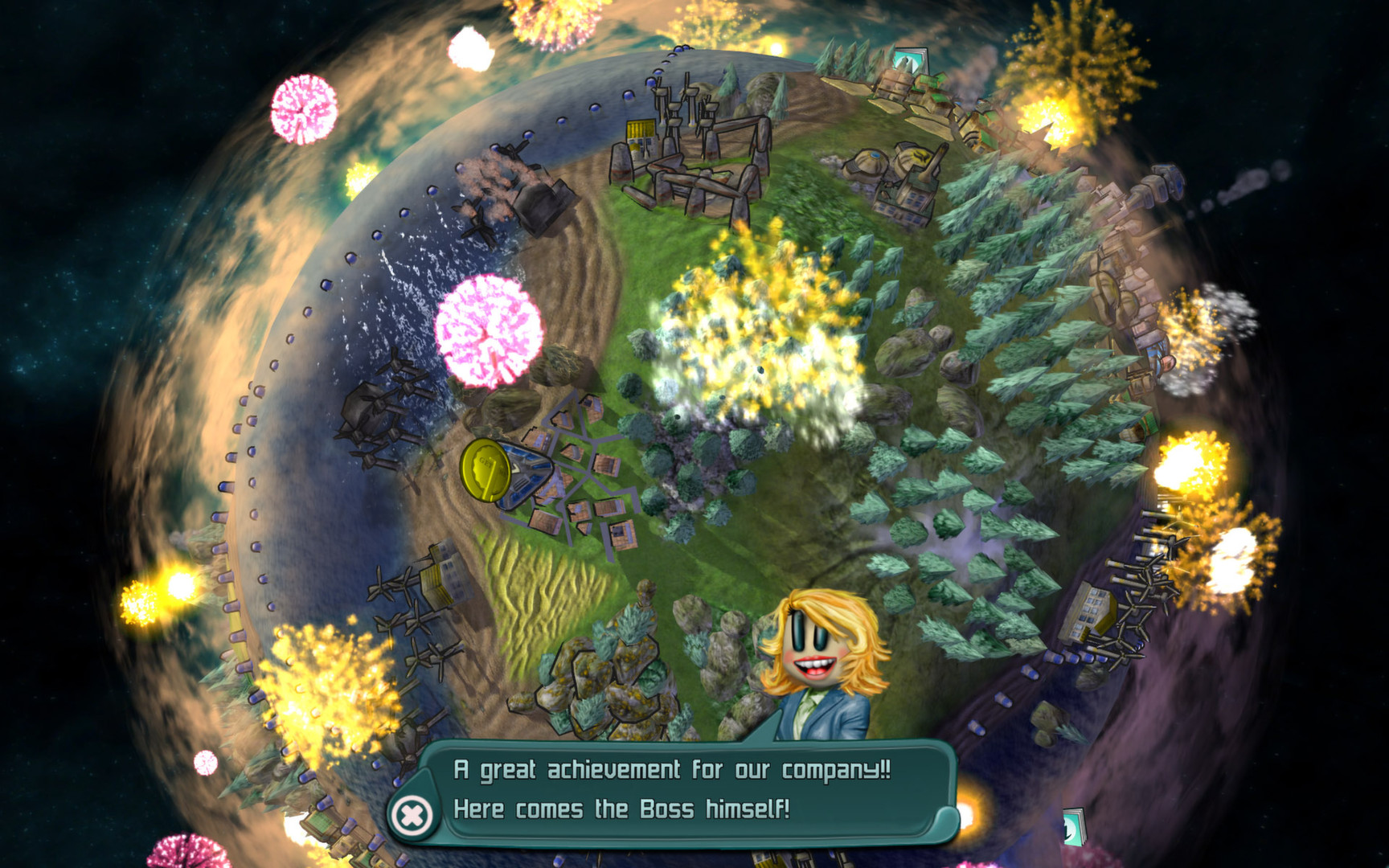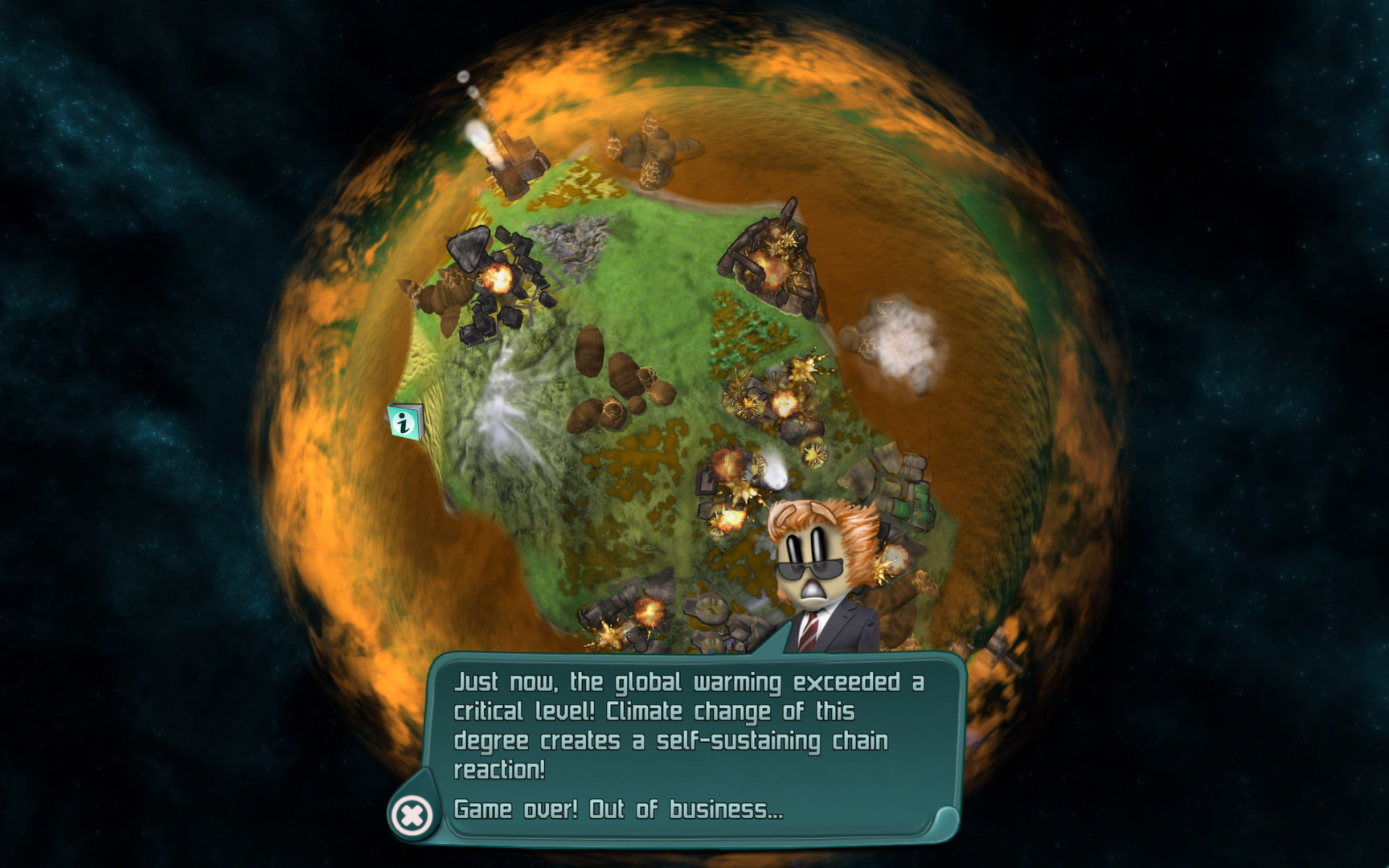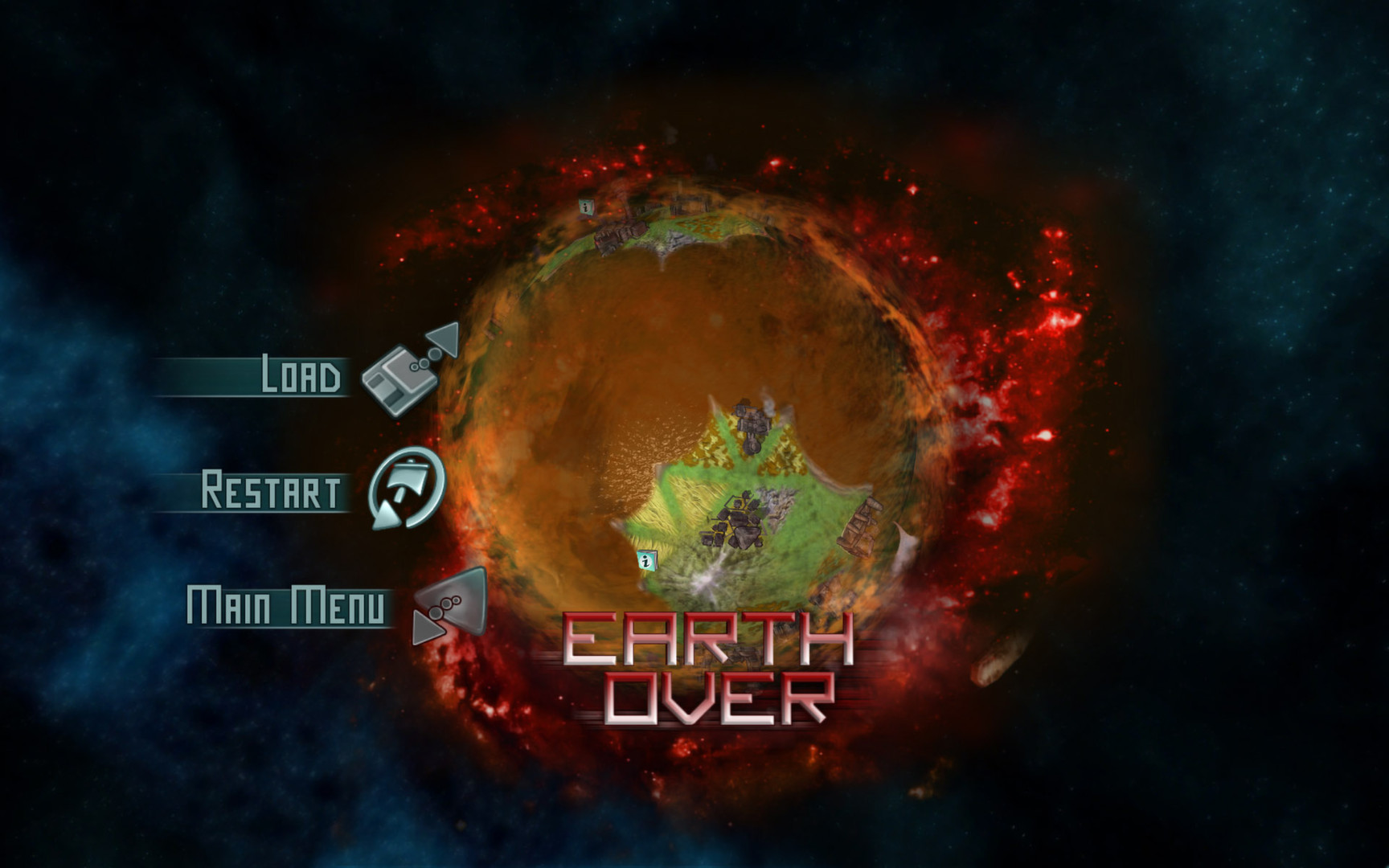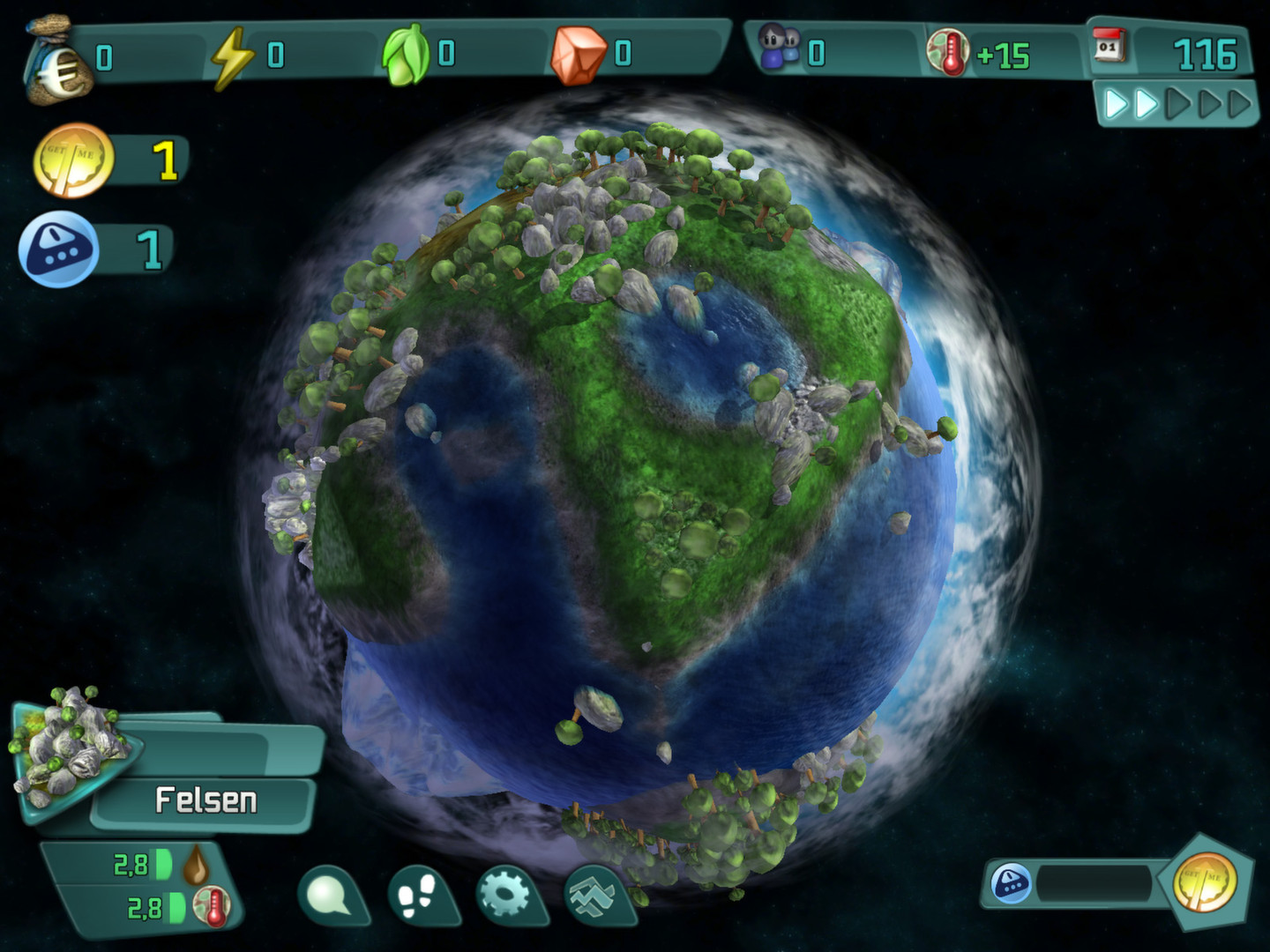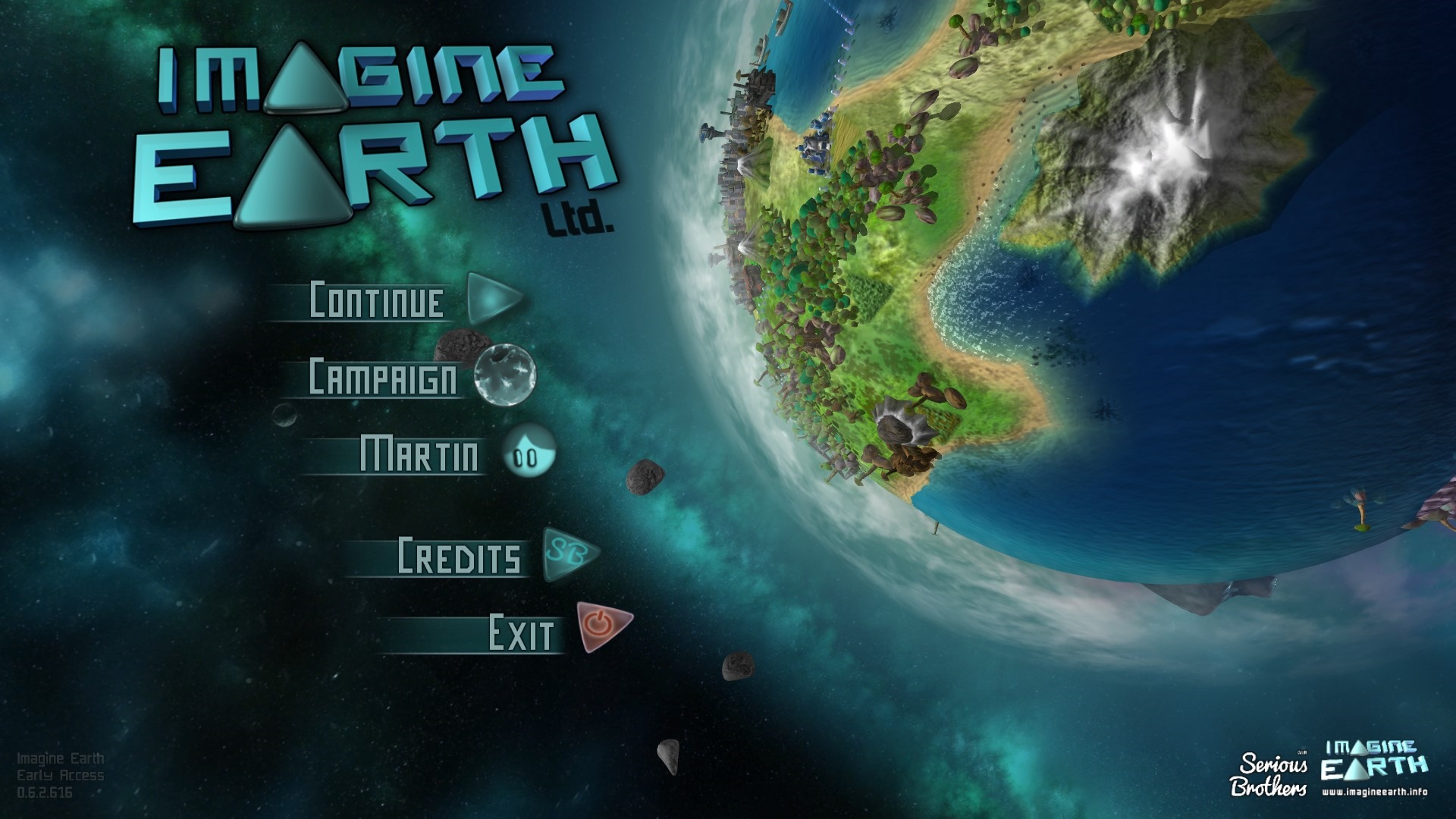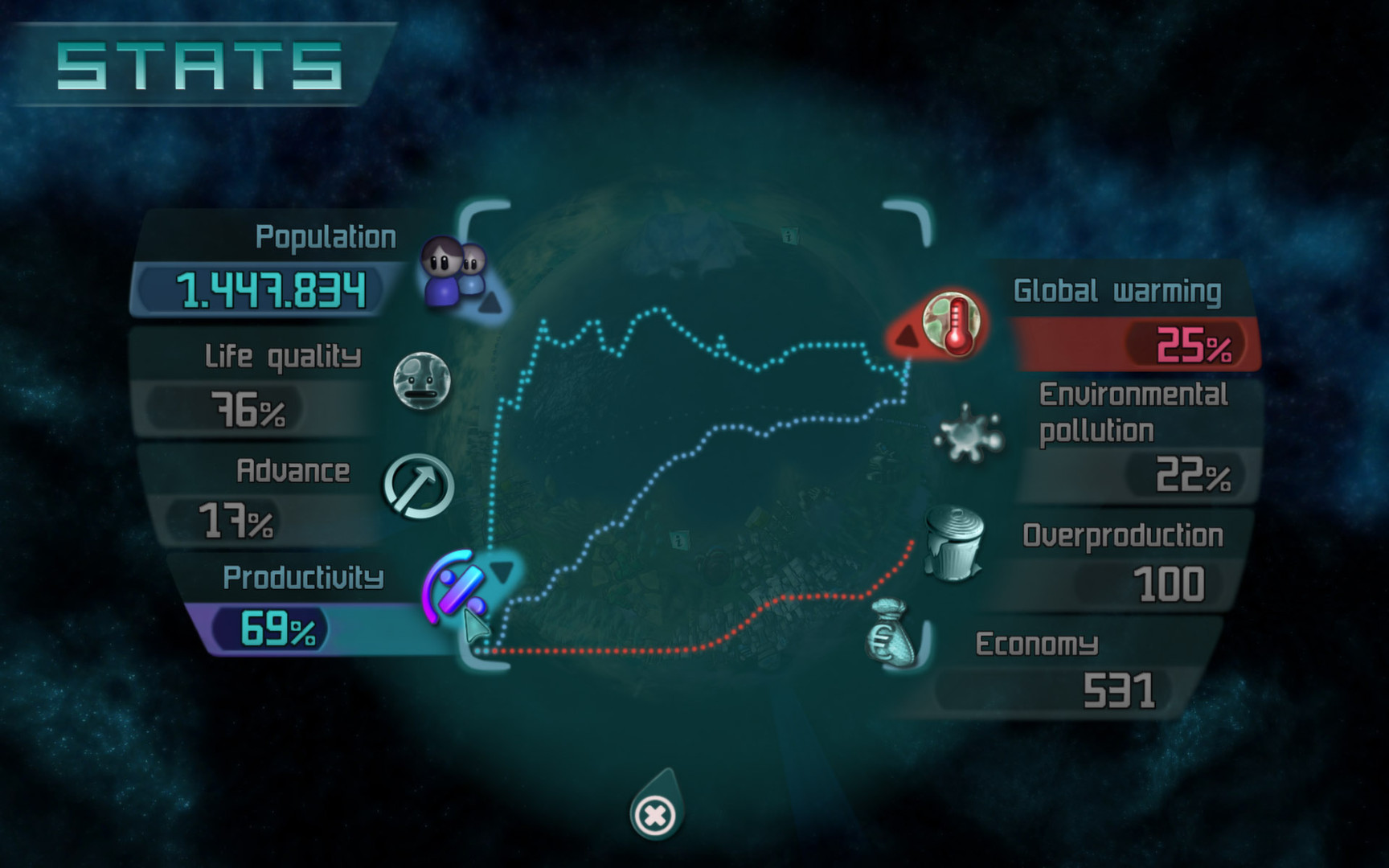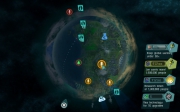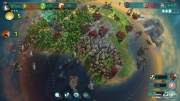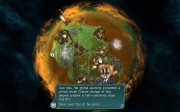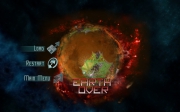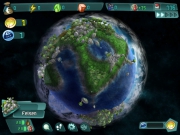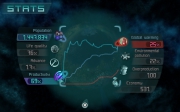Overview
Who doesn’t love a good city builder from time to time? I know that I certainly do and it tends to be one of the few genres that have consistently reliable quality. Some are more in-depth like the legendary Cities: Skylines for the strategy power gamers among us while others are more streamlined like Before We Leave to provide a more relaxing experience. Whether you seek out titles on a specific segment of that spectrum or are open-minded to the entirety of it, there’s something for everyone and truly shoddy releases are few.
Imagine Earth has enough complexity to keep a more serious city developer entertained while leaning enough to the casual side to be inviting to anyone who’s interested. It’s easy enough to learn while provided a potential level of difficulty to keep the veterans among us invested.
The Business of Space
Imagine Earth places you in a role that you’ve likely been in before: an employee of a space colonization corporation. You’re tasked with settling new worlds and ensuring that they’re profitable through the harvesting and processing of the planet’s natural resources. Along the way, you’ll meet a wide variety of characters who will become friends and foes, both human and alien. The experience is one that’s overall skewed toward a corny sort of humor that doesn’t interfere but seems strikingly similar to others in the genre who have tried such an approach.
Most of the scenarios on offer can be fully completed within only a couple of hours of play, some are even faster if you’re really chugging along at full speed. The objectives guide you along the way, though it’s usually up to you how quickly you want to push for their completion. There’s always plenty to do and when you complete the tasks assigned to you, it’s up to you to decide whether you want to keep developing your current colony to perfection or move on to the next challenge.
That’s the Spot
Imagine Earth rewards foresight when it comes to building your settlements. Every district and building that you have access to gains bonuses when placed near favorable conditions and may even suffer penalties if placed near unfavorable ones. You’re shooting for efficiency here and there’s a significant difference in productivity between a well-placed structure and a poorly located one. Add in that you’ll always find yourself wishing that you had just a bit more space to work with and this is where the primary challenge of the title comes from. Always think four steps ahead!
Your city districts themselves require placement bordering on each other if you’re hoping to grow them to higher levels. Early upgrades are easy enough, but higher tiers require increasingly more developed districts around them and you’ll have to be supplying your growing population with their varied wants and needs.
Equally as important to your city districts are your industries. They aren’t as restricting in their upgrade requirements, but their efficiency is drastically altered by their location. A wood factory is increasingly successful with more forests around it, a machine factory performs more admirably when there’s a power source neighboring it, and a farm factory won’t produce as many crops if it’s constructed on land with poor fertility. Balancing what you build and how you upgrade it is also important to maintaining the ecosystem, an ecosystem that will become your most dangerous enemy if you ignore its condition.
Friends, Foes, and Trading Partners
The resources that you harvest and goods that you produce have value outside of your own society. They can be traded to visiting merchants and other factions on the planet, crafted into useful consumable items, and donated to gain the loyalty of indigenous species. All of these offer great benefits and you’ll want to adapt them into any strategy that you employ.
Not everyone is open-minded to the perks of friendship though. Other factions will claim territory when they land on the planet and will expand as they see fit. They’ll be competing with you for resources and if you step on each other’s toes too much, you’ll become rivals. If you can outdo them, there’s plenty to gain from a territory war, but if you can’t, it’s likely the end of your bid for the planet. It’s important to note that opposing factions are your biggest threat as objectives tend to be fairly stress-free outside of those that your rivals are racing you toward.
Verdict
Imagine Earth is a sci-fi city builder that finds a nice balance between complex and casual mechanics. Difficulty setting and custom scenario design with plenty of options make it so that the title can be enjoyed by fans of the genre of all skill and devotion levels. The variety of buildings and districts will keep every colony feeling fresh, with different specialization choices to be made along the way. Certain scenarios can be deceptively challenging if you start getting too comfortable with your approach and you’ll be inspired in your methods based upon the worlds that you land on.
I recommend Imagine Earth to fans of the city-builder genre, both novice and expert, especially if you like a dash of sci-fi. It’s a combination of classic elements with a few hints of new innovation that makes for a unique experience that’s worth giving a try.
Zitat:
Visit SaveOrQuit.com for detailed game reviews, posted daily!
